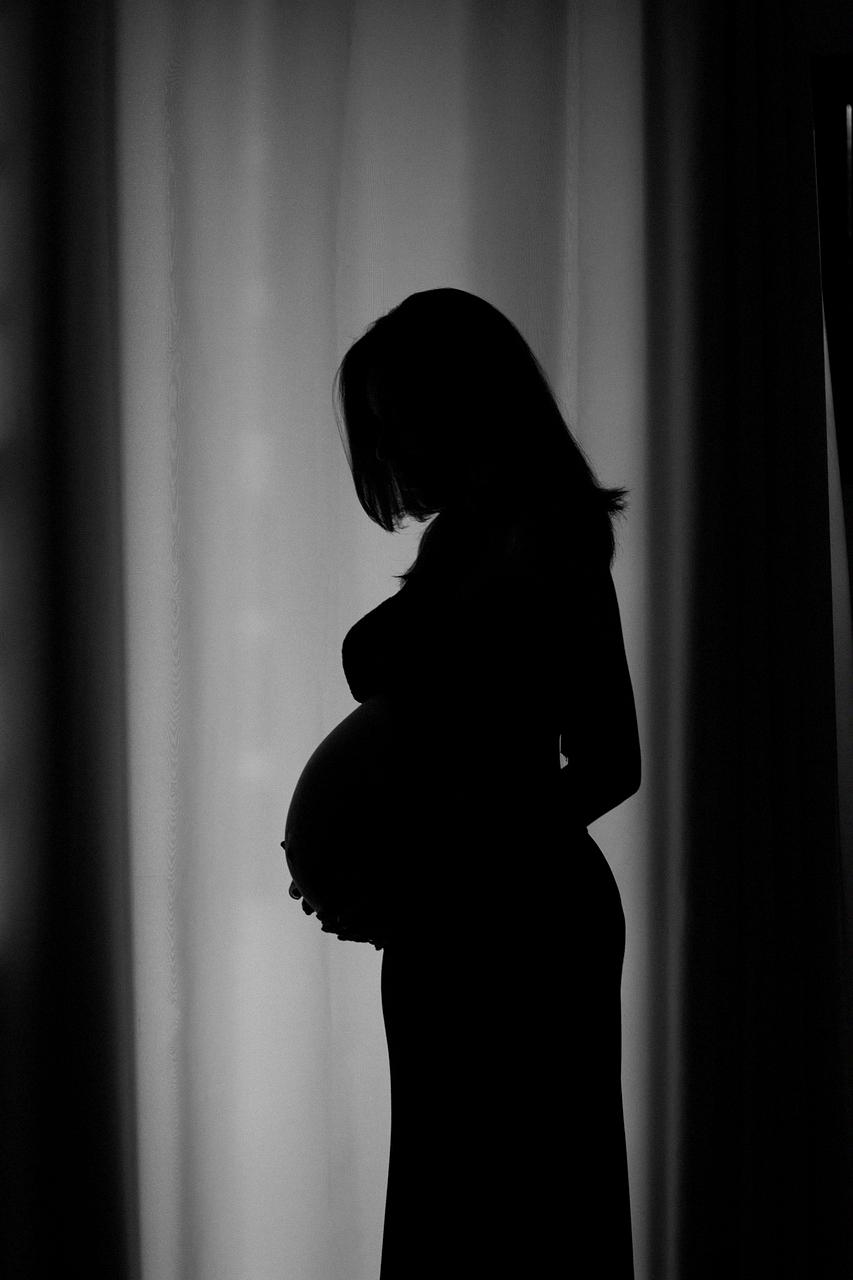One common question that many individuals undergoing IVF treatment have is whether it is possible to take a pregnancy test just five days after the embryo transfer. This question often stems from the eagerness and anticipation that comes with the IVF process.
When it comes to determining the viability of a pregnancy after IVF, the level of beta-hCG hormone in the blood plays a crucial role. Research has shown that a single measurement of beta-hCG concentration on day 5 after embryo transfer equal to or greater than 4.0 IU/L can serve as an early diagnostic marker of biochemical pregnancy.
It’s important to understand that the human chorionic gonadotropin (hCG) hormone is produced by the cells that will eventually form the placenta. This hormone is typically detectable in the blood and urine shortly after implantation, which occurs around six to twelve days after fertilization.
Since the process of implantation can take several days to complete after the embryo transfer, it is generally recommended to wait at least 10-14 days post-transfer before taking a pregnancy test. This waiting period allows for sufficient time for the hCG levels to rise to a detectable range.
While some home pregnancy tests claim to provide accurate results as early as five days after implantation, it’s essential to be cautious about interpreting these results too early in the process. False negatives or false positives are not uncommon during the early stages of pregnancy testing.
For individuals who are eager to confirm a possible pregnancy earlier, blood tests conducted at a fertility clinic or healthcare provider’s office can provide more accurate results. These tests can detect lower levels of hCG earlier in the process compared to home pregnancy tests.
It’s crucial to manage expectations during the post-IVF phase and understand that the outcome of the pregnancy test may vary based on individual factors such as the embryo quality, the timing of the transfer, and the overall health of the individual.
Furthermore, the emotional rollercoaster that often accompanies the IVF journey can add to the stress of waiting for a pregnancy test result. It’s essential to prioritize self-care, seek support from loved ones, and communicate openly with healthcare providers during this critical time.
If the initial pregnancy test results are inconclusive or if there are concerns about the outcome, it’s advisable to consult with a fertility specialist for further evaluation and guidance. Additional tests or monitoring may be recommended to assess the progress of the pregnancy.
Overall, while it may be tempting to take a pregnancy test 5 days after IVF transfer, exercising patience and following the recommended timeline for testing can help ensure more accurate and reliable results. Remember that every individual’s fertility journey is unique, and it’s essential to approach the process with understanding and self-compassion.
As you navigate the post-IVF phase, stay informed, stay connected with your support system, and prioritize your well-being throughout the journey. Remember that the road to parenthood may have its challenges, but with perseverance and positivity, many individuals achieve their dream of building a family.

